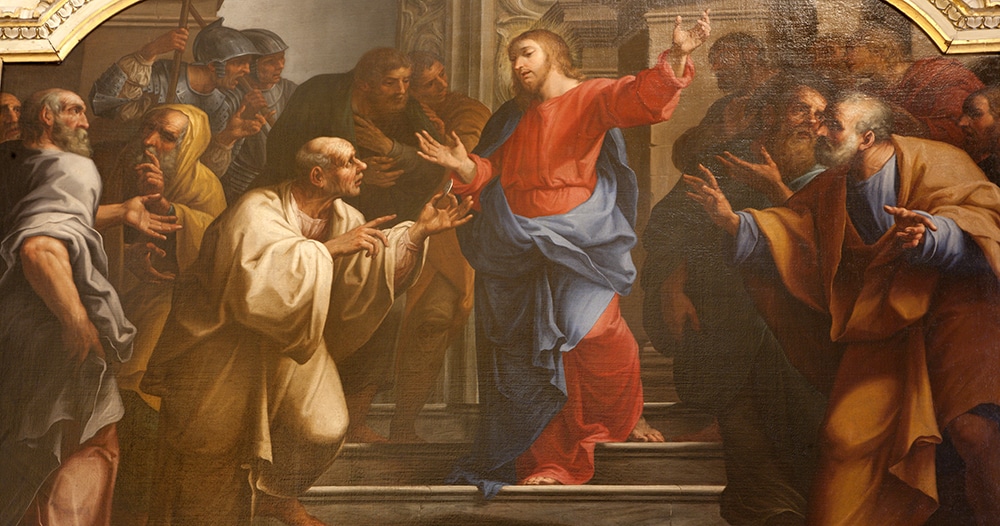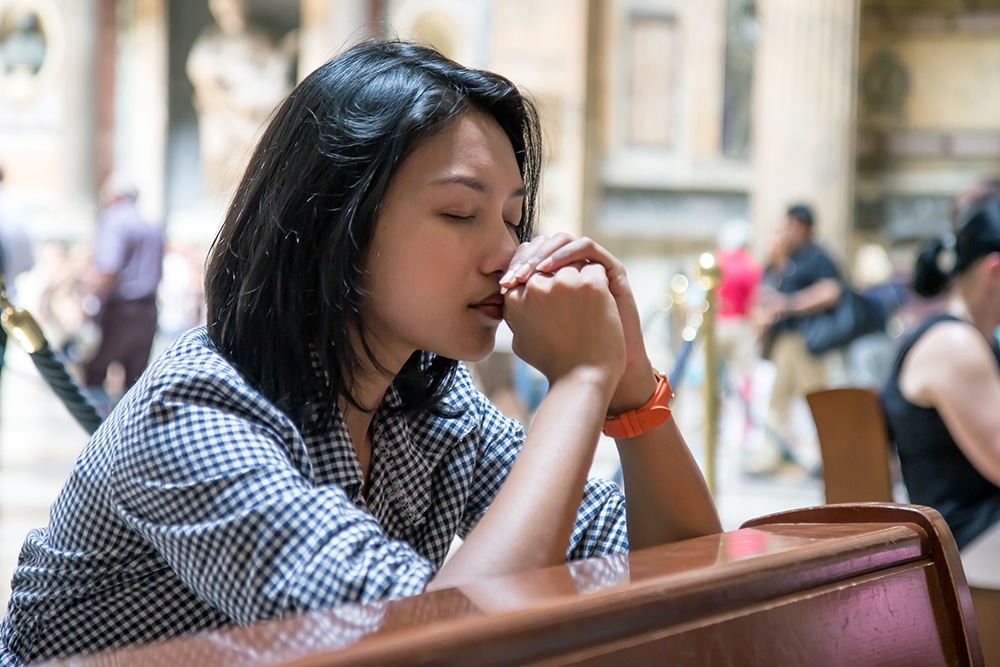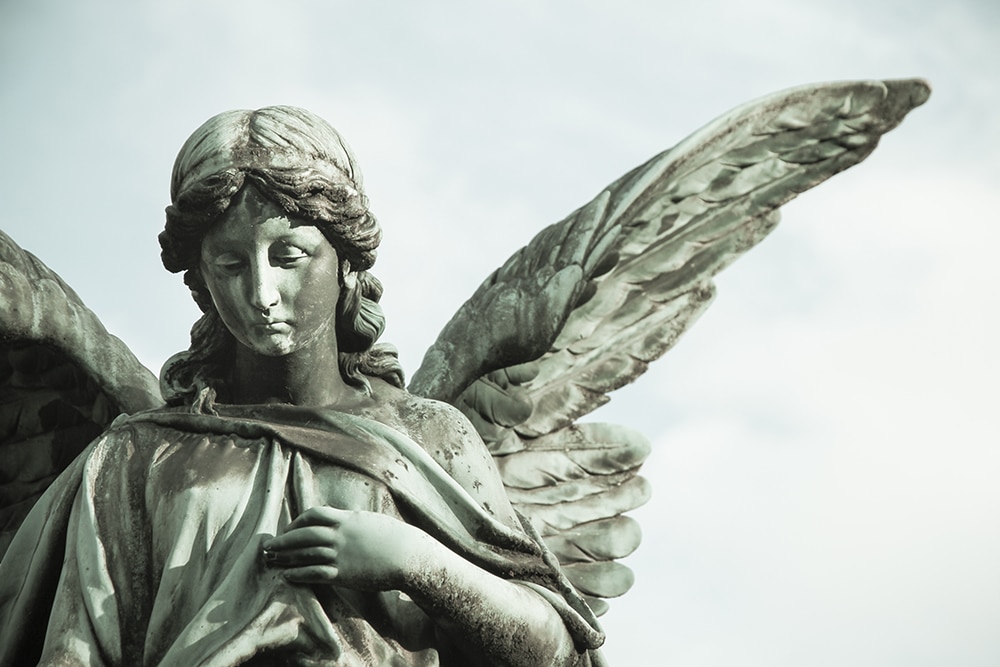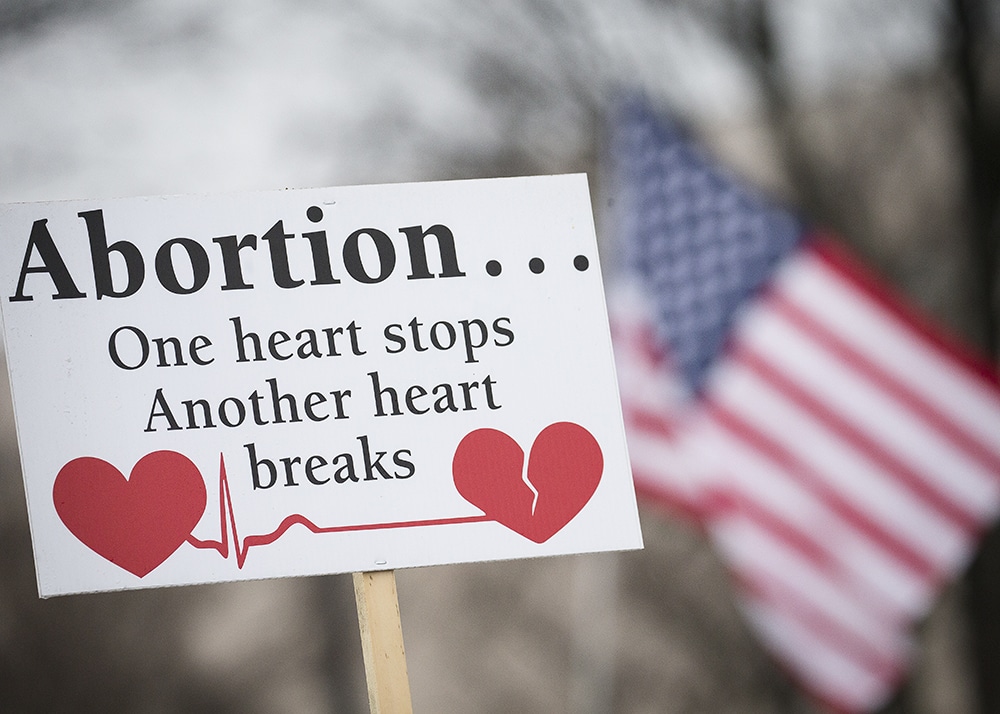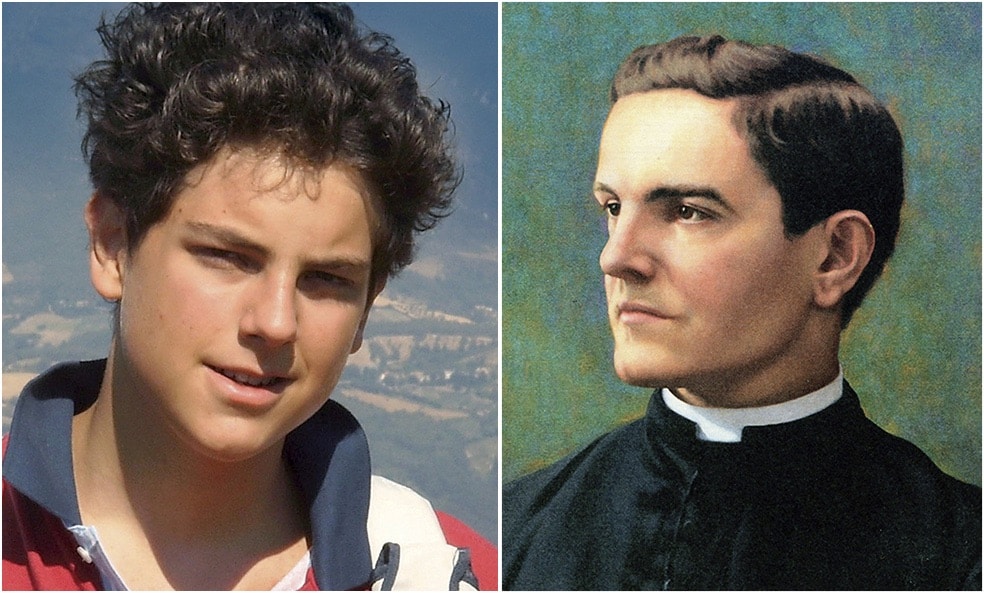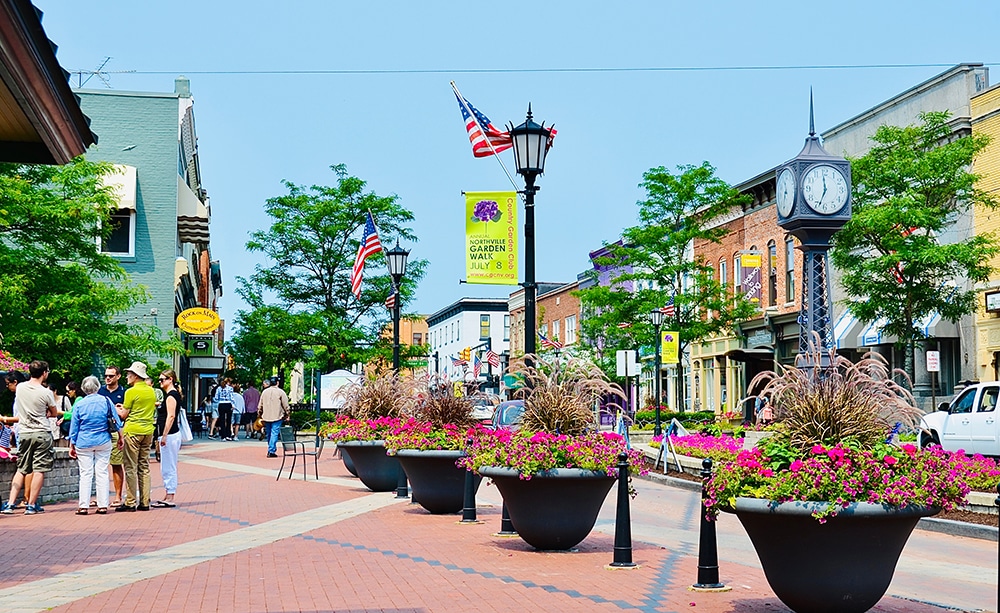 The United States is a little over two weeks from Election Day. This election season, coming in COVID-tide, has been especially fraught. There is a palpable sense of violence in the air, exacerbated on social media channels where political enemies must be eliminated from the body politic.
The United States is a little over two weeks from Election Day. This election season, coming in COVID-tide, has been especially fraught. There is a palpable sense of violence in the air, exacerbated on social media channels where political enemies must be eliminated from the body politic.
It’s all very worrisome, all very fraught. What is a Catholic to do?
In a typical election season, the emphasis would be on prudentially attending to the platforms of the various candidates.
And yet, nothing about this present moment is typical. The question of voting must be understood in a broader context, in the sacramental witness that we Catholics provide within the body politic.
| October 18 – 29th Sunday in Ordinary Time |
|---|
|
Is 45:1, 4-6
Ps 96:1, 3, 4-5, 7-8, 9-10
1 Thes 1:1-5
Mt 22:15-21
|
Catholics are not mere citizens of the state, who happen to have religious positions on the issues of the day. Rather, in baptism, we are transformed into members of Christ’s body.
We do not possess dual citizenship — Sundays are reserved for Christ, while weekdays are for the exercise of political power. No, we are Christ’s all the way through. We belong to each other, as members of one sacramental body in Christ.
For this reason, Jesus’ words to the Pharisees in the Gospel of Matthew are not an excuse that allows us to guiltlessly participate in whatever political party we prefer.
The Pharisees attempt to trap Jesus, asking him if it is lawful to pay the census tax. In other words, do you side with Rome or do you side with Israel? If the former, then Jesus supports a repressive regime. If the latter, Jesus is open rebellion against the Roman Empire.
Jesus turns the question upside down, asking whose image is on the coin. It is Caesar’s, of course. So Jesus says, “‘Then repay to Caesar what belongs to Caesar and to God what belongs to God'” (Mt 22:21).
A sloppy reading of Jesus’ exhortation would see him creating two spheres of influence. There is the city of man, and there is the city of God. In the former, you do what you need to. In the latter, you worship.
This is not what Jesus (or even St. Augustine, who described these cities) means. Everything belongs to God. That’s the point of the Gospel. That’s the point of baptism. We are baptized in the name of the Father, and of the Son, and of the Holy Spirit. We are to become divine, sons and daughters of the Son of the Father.
This is the whole identity of the Christian, transformed through baptismal grace. If we are to engage in the political sphere, we must do so as those baptized into divine life.
The political sphere for Catholics is, therefore, not a neutral space where we can play the game of power politics while taking a break on Sundays for Mass.
Instead, evangelization means allowing every dimension of creation to become a space of divine love.
We must challenge the violence, even of our preferred candidate. We must speak out against all the ways that the state inflicts violence upon the innocent. We must be willing to pay the price, if asked, of our lives for this public witness.
We must create spaces of forgiveness in a world right now that demands that any transgression comes with the shedding of (at least) metaphorical blood. Sometimes, the real stuff.
And we must remember that politics is not salvation. That God did not come to form a constitutional republic.
God came to redeem the world through a love that knows no bounds.
That’s what a Catholic is to do.
Timothy P. O’Malley, Ph.D., is the director of education at the McGrath Institute for Church Life at the University of Notre Dame.

